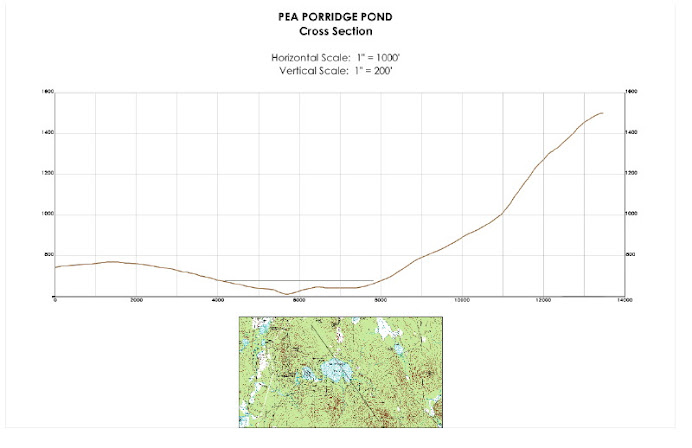DRILLING & SAMPLING IS FINALLY "ON"
This posting is to confirm that the drilling and sampling activities will (finally) take place this coming Tuesday, March 11th. The weather forecast models have given us a nearly certain"fair/warm (mid-30's) window" in the stormy pattern, and everything is ready to go. The only weather-related uncertainty now is how much standing water we'll have to contend with after today/tonight's +/- 1.5 inches of rain/freezing rain. However, we'll have all-day Monday to respond to this, so don't see it as "killer" at this point. The Project Scientific Staff have all consulted in the past day or so, and all the equipment and supplies needed are on hand and ready, both at the drill site and at the Pollock beachhead.
The last pieces came together yesterday afternoon and evening when Lee and Brian finished "inventing" the connection scheme for the special, garage-fabricated drill casing system we'll use (created from perforated PVC drain pipe), and then acquired 100 feet of replacement cable for the sampler and 10 feet of small-diameter solid PVC pipe to specially prepare "split tubes" for receiving and safely storing the samples - all before being kicked out of Lowe's at its closing time. The PVC casing system design is a real "original" and we are anxious to see if it works as well as we believe it may. If it does, it will be another ancillary contribution of our project to paleoecological science (we will see...).
Anyway, all of the "grunt science" work is now complete and the exciting part about to begin. We'll get information here onto the blog as soon as we're able after Tuesday. Meantime, please ask for intercession on our behalf by the forces that govern the weather.



No comments:
Post a Comment